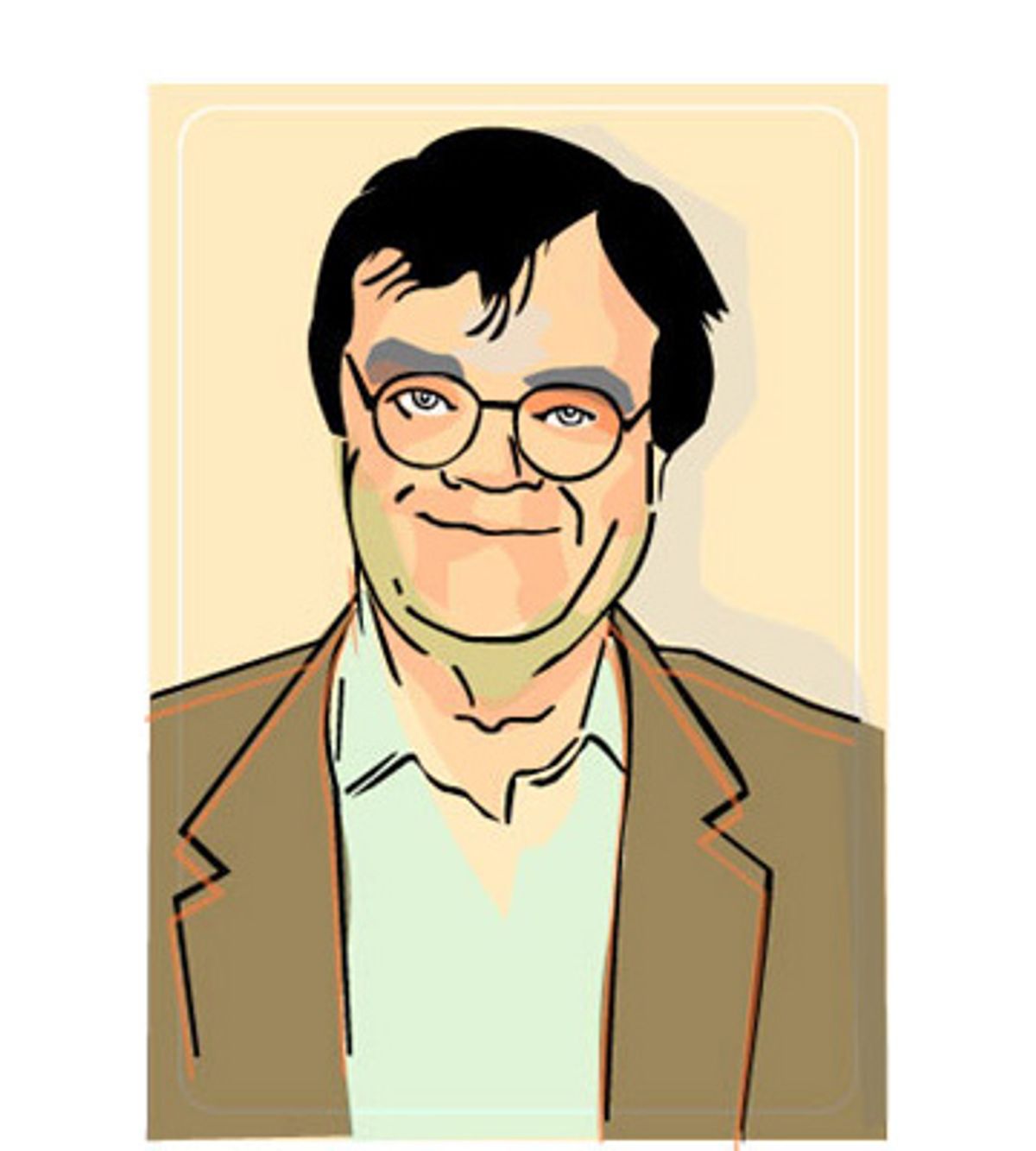That crisp, clean, dry smell of autumn is in the air, so stunning and surprising every year, a smell forever connected to bright colors and fresh apples and cool grass with beads of dew and the eagerness of a boy, pencil box and tablet in hand, wending his way toward Benson School and Mrs. Moehlenbrock's sunny classroom. The pencil box is new. Mr. Truman is president, the neighbor's son Jack is fighting the communists in Korea, and every Saturday we yearn for the University of Minnesota Golden Gophers football team to be triumphant, which sometimes they are.
I loved school, where I excelled for a short time, and now my golden-haired gap-toothed daughter, who is 9, loves it, too. She tolerates weekends pretty well but on Monday she is all eagerness, leaning forward on tiptoes with that heightened sense of possibility that is the basic component of cheerfulness, which is the secret of the good life. She expresses this by clenching her fist in the air and jerking it down and saying, Yes. Sometimes twice.
Cheerfulness isn't the same as happiness. You can't always be happy. Or satisfied. But a cheerful outlook is always possible. Ancient people in wheelchairs in nursing homes, their minds in ruins like the Parthenon, nonetheless beam at the stranger out of lifelong habit, putting the best possible face on things, even during great vacancy.
I turned 65 last month, which is about as festive as walking into a brick wall, but I'm OK now. And when I look back on my messy life with all the wrong turns and failures and days I wish I could rewrite, and then I think of the shining child whose picture is on my cellphone, the door to the past closes. You cannot possibly regret anything in a chain of events that led to her existence. So you turn to the future.
The philosopher of cheerful purpose was Emerson, and for some reason my generation preferred the puritanical Thoreau, a sorehead and loner whose clunky line about marching to your own drummer has found its way into a million graduation speeches. Thoreau tried to make a virtue out of lack of rhythm. He said that the mass of men lead lives of quiet desperation. OK, but how did he know? He didn't talk to that many people. He wrote elegantly about independence and forgot to thank his mom for doing his laundry.
Emerson was a mover and shaker. He said, "Every great and commanding moment in the annals of the world is the triumph of some enthusiasm ... this is the one remedy for all ills, the panacea of nature. We must be lovers and at once the impossible becomes possible." He said this while he was out on the road plying his trade as a lecturer, peddling his books, earning the money he would use to buy the land for Thoreau to build his little cabin on and pay Thoreau's fine and get him out of jail. Oh well. Never mind.
These autumn days are so golden, if there was a whole month of them, your mailman would feel triumphant enthusiasm and start his own dance company called Deliverance and the woman who cleans your teeth would write haiku --
Into the gorge of
Enamel and spit I thrust
My slim silver pick.
-- and you would have to tell them how much you liked their work, even though you didn't, but bravo for them. Nothing is so cheerful as the urge to commit art. The purpose of all great art is to give courage and thereby cheer us, just as the purpose of education is fundamentally cheerful -- to draw us out of gloomy solitude and into a conversation with other scholars.
Lighten up. Get a grip. Leave morose silence to teenagers; it's too dramatic for you and me. We have passed the great test of a republic, to survive the most incompetent leadership, and now we can anticipate a new era, one with no Bushes. As Emerson said, "This time, like all times, is a very good one, if we but know what to do with it ... Finish each day and be done with it. You have done what you could. Some blunders and absurdities no doubt crept in; forget them as soon as you can. Tomorrow is a new day; begin it well and serenely and with too high a spirit to be encumbered with your old nonsense."
In other words, cheer up.
(Garrison Keillor's "A Prairie Home Companion" can be heard Saturday nights on public radio stations across the country.)
© 2007 by Garrison Keillor. All rights reserved. Distributed by Tribune Media Services, Inc.



Shares